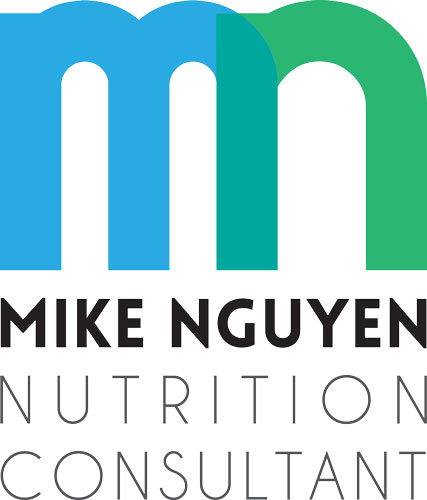Feeling confused by all the different types of diets out there? One person you trust recommends a low-carb diet and another is high on life with a high-carb plan? Paleo or vegan? Low-glycemic, raw, or grain-free? All of these choices can be stressful and cause food confusion.
“Just tell me what to eat” is a phrase I’ve heard before.
I agree. There are far too many choices of foods to choose from these days compared to the dietary options of our ancestors.
Here are some general rules to abide by when faced with eating challenges or confusion around making healthier food choices in the future:
Not sure if a food is so healthy for you?
Listen to your body. How do you feel when you consume it? Tired, bloated, not thinking clearly? It seems obvious that it’s probably not doing you any good, if so. It’s probably best to avoid these foods as much as possible. Be honest with yourself. Often times we’ll try to convince ourselves that it just couldn’t be a particular food causing distress in our bodies. This is common when it’s a favorite food we can’t see ourselves parting with so we’ll blame it on another food or even something completely unrelated.
What might be a good food choice for someone, may not be a good one for you.
We’re all human and we’re all composed a little differently so keep that in mind.
Some people can tolerate dairy and others simply cannot. There may be a wide range of symptoms that come about as a result from eating that dairy as well. One person may be crippled over in pain (digestion-related) while another may just experience a break-out on the skin.
Love spinach? So do I! The thing is some others enjoy it as well but their bodies cannot tolerate it. Due to spinach’s high content of oxalate, those predisposed to kidney issues may be better off avoiding this otherwise healthy food.
Fretting over details
Does cooking it a certain way kill its nutrient content? What if I consumed a little too many calories today? Did I eat too many eggs? What’s the point in trying to eat healthy if our food supply and quality have diminished over the years?
While details can make a difference depending on your specific health goals, don’t forget the BIG picture. Are you eating REAL food? Keeping it simple sometimes when faced with questions and food confusion situations like these will make your life easier.
Opt for real, whole, unprocessed, seasonal and local food if available — the less ingredients, the better. Try to not overdo any one particular food. Eat a variety of foods, especially vegetables. Avoid bad quality cooking oils. Only eat when you’re hungry. Drink lots of water. Try to eat in a relaxed state. And chew your food!
Hope that helps alleviate some food confusion and stressors around healthy eating. Bringing it back to the basics is a good start. And then you can fine-tune from there.
If you enjoyed this post, please share with a friend or share on social media. Thanks!
Mike is a holistic nutritionist that helps people feel more optimistic about their health and wellness through changes in diet and lifestyle shifts.
He has authored posts and articles featured on MarthaStewart.com, today.com, and iVillage.com.

